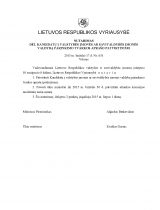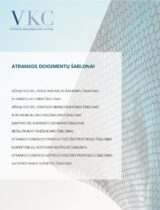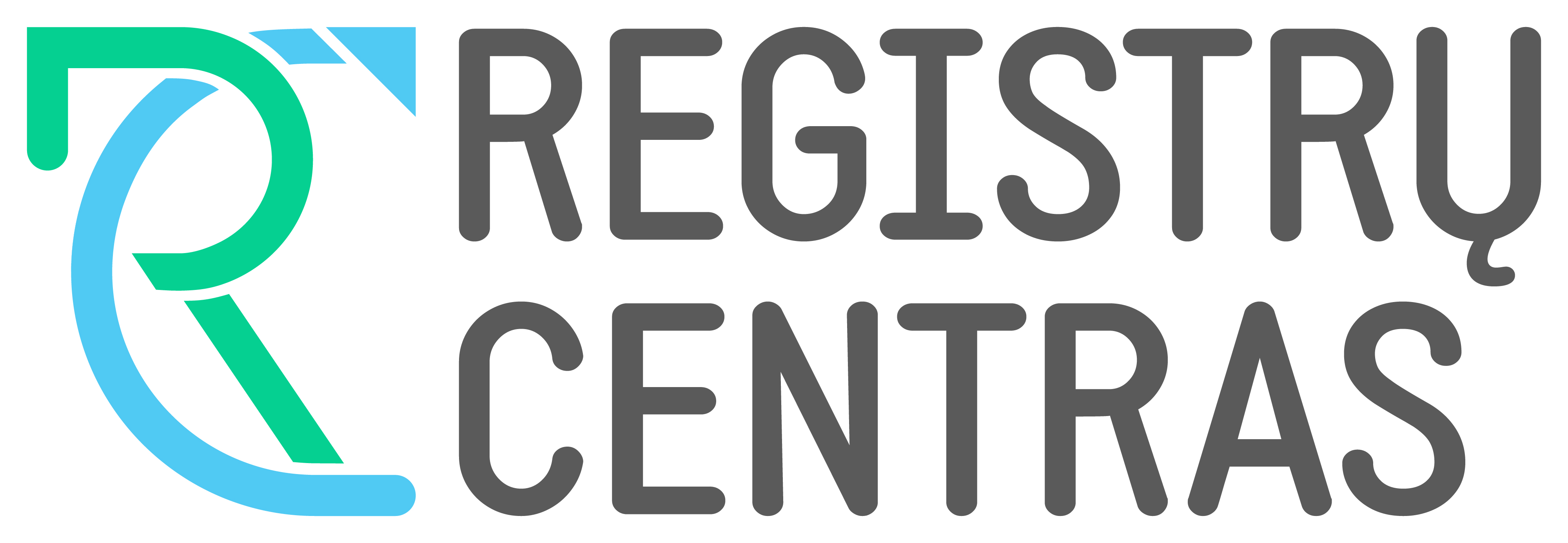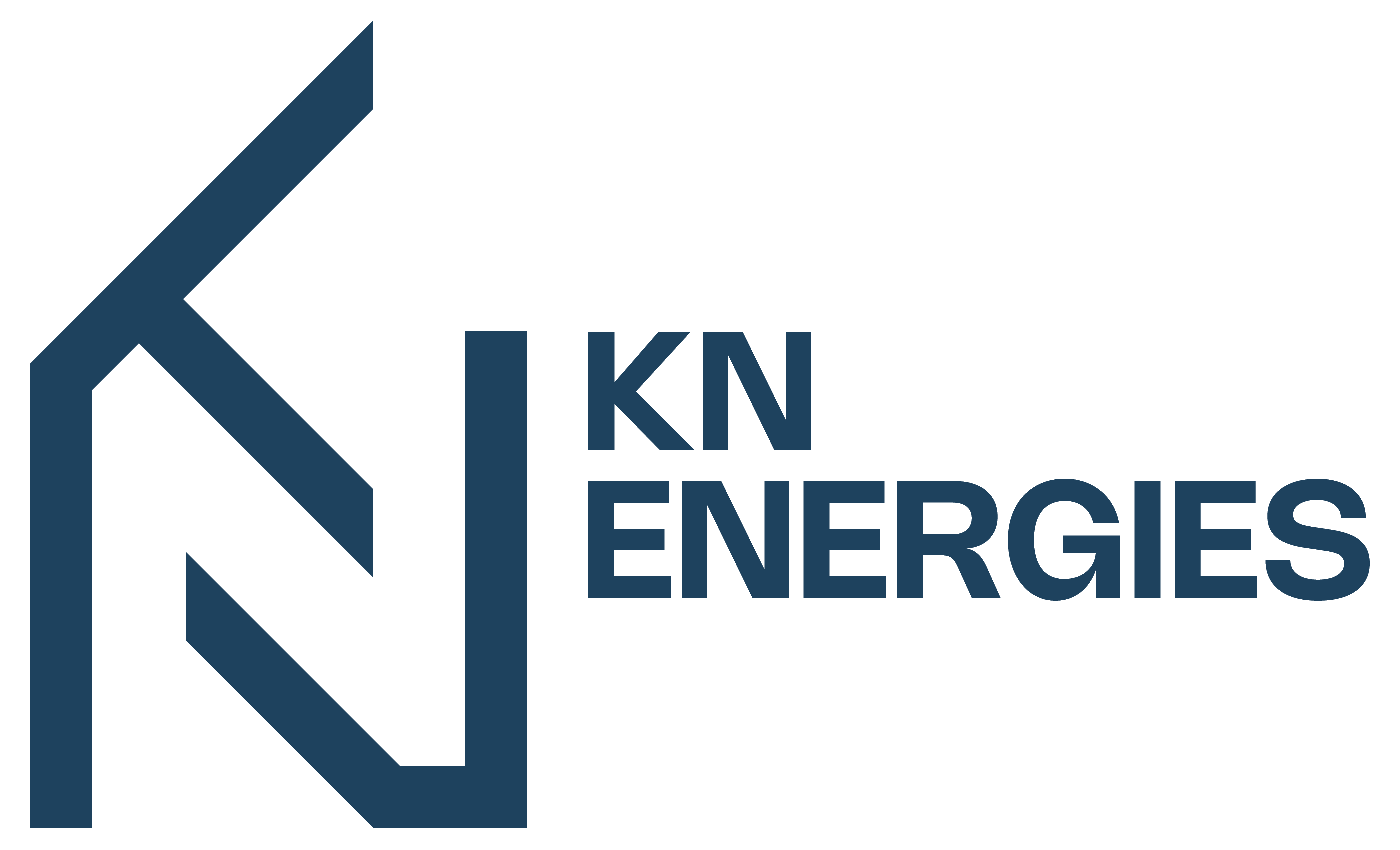About the boards
FORMATION OF COLLEGIAL BODIES
Boards (both Supervisory board and Board of directors) are regarded as one of the most important parts of effective governance of state-owned enterprises (SOEs). In global SOE governance practice an extraordinary attention is paid both for the formation and activity principles of these bodies. Functions of the boards are considered to be essential in seeking to ensure professional and high-quality management and in limiting direct political influence over state-owned enterprises. Global standards indicate that the State should seek to ensure that boards of SOEs would be depoliticised, have sufficient autonomy to perform their functions and would be formed following the principles of transparent and professional selection.
Seeking to implement these provisions, the principles of the composition and selection of SOE collegial bodies in Lithuania are explicitly specified and established in legislation. The main legal act, which sets selection procedures and principles of the composition of SOE collegial bodies, is the Procedures for the Nomination of Candidates to the Collegial Supervisory or Management Body of a State or Municipal Enterprise, to the State Owned or Municipally Owned Enterprise or its Subsidiary (Nomination Guidelines) approved by Resolution No. 631 of the Government of the Republic of Lithuania of 17 June 2015. The State has established the following essential principles in the Nomination Guidelines:
- This includes the appointment of independent board members and restrictions imposed on the state politicians on taking part in the activities of these bodies. All SOEs are subject to the requirement that at least half of all board members must meet the independence criteria in the collegial body directly elected by a shareholder (the owner). Meanwhile, state politicians or civil servants of political confidence cannot be appointed to the board.
- Boards of SOEs are formed on the basis of the principle of competence, also taking into consideration the specific nature and strategic objectives of a certain SOE. Legal acts establish that board of SOE must have adequate competences in the fields of strategic planning and corporate governance, financial management and market knowledge under which SOE operates. Other necessary competences are set according to an individual demand. On the basis of this principle, selection of members of a collegial body is made.
- Professional and transparent selection. Explicit selection procedures are applied for the selection of independent members starting with initiation of selection and ending with the appointment of board members. The established selection procedures are public and follow the principles of detailed examination of the individuals where a candidate is assessed by both the professional selection agency and the Selection Commission set up specially for selection purposes.
- Functions of collegial bodies of state-owned enterprises (SOEs) do not differ from global governance practices, that is, these bodies follow the universally-accepted corporate governance principles: power to appoint and remove the CEO, power to adopt corporate strategy and supervise its implementation. At the present time, power of the boards of statutory enterprises, which has legal form of State enterprise (SE), are restricted and these bodies act more as advisory boards.
Seeking to ensure that the ownership functions would be separated from the regulatory functions, individuals whose activities and functions they perform are related to the policy-making of the market in which SOE operates, cannot be appointed to the collegial body of SOEs.
Taking into consideration the significance of the SOE activities, collegial bodies must be formed in enterprises of public-interest (most often such enterprises are attributed to the category of large SOEs), as well as in enterprises which, according to the Republic of Lithuania Law on the Protection of Objects of Importance to Ensuring National Security, are attributed to the category of the enterprises of importance to ensuring national security. Other state-owned enterprises have the right to form collegial bodies on an optional basis. At state-owned limited liability companies both supervisory boards and boards of directors (on the basis of the provisions laid down in the Law on Companies) can be formed, whereas at state enterprises (SE) only board of directors can be formed.
Requirements for independent members of collegial bodies
Boards of SOEs shall be formed on the basis of the competence principle, i.e., the board must have all necessary competences for efficient board work. The Nomination Guidelines specify the essential requirements, such as the criteria, which the members being appointed to the SOE collegial body, should satisfy. These criteria are divided into three groups:
- General requirements. These requirements are related to the educational level of the board member, impeccable reputation and management of conflicts of interest.
- Independence requirements. To a large extent, independence requirements are applied to the candidates for independent members only. Thereby these requirements it is sought to ensure that a member of a collegial body would not be related to the institution representing the State (or other SOE shareholders), to which the SOE is subordinate, would not be related to the SOE, would not be an auditor of a SOE and would not be related to other independent board members of SOE.
- Special requirements. These requirements are based on the principle of competences, i.e., are established taking into consideration the specific needs of a company and can differ depending on the competences sought. Usually special requirements include competences of the areas of corporate management, financial management, strategic planning and market knowledge According to the needs of the SOE, other competences can be determined too.
Setting special requirements for the candidates is one of especially important components of the formation of a collegial body, therefore, pursuing the SOE governance policy developed by the Government, the following institutions and establishments that have respective competences are involved:
- An institution representing the State (a shareholder).
- Professional external selection agency.
- Governance Coordination Centre (GCC).
- A SOE collegial body (if it is formed at the time of selection)
- A state-owned enterprise.
Besides the requirements laid down in legal acts, members of SOE collegial bodies must satisfy common expectations in corporate governance:
- Leadership and the ability to make decisions in complicated situations.
- Business management knowledge and experience as C-level executive or member of the board.
- Compliance with high ethical standards.
- A high level of involvement.
- Ability to work in a team and represent stakeholders.
OPERATING PRINCIPLES OF COLLEGIAL BODIES
Operating principles of collegial bodies of state-owned enterprises do not differ from the global principles of corporate governance (applied to private market players). These principles encompass practices of organisation of work of the board, including practices of assessing its own activities, drawing up annual action plans, decision-making of a strategic level, ensuring the supervision of the company’s activities, maintaining communication with the company’s shareholder and the chief executive officer and the periodic accountability.
On account of granting autonomy to a collegial body of the SOE, the application of the principles of corporate governance and proper maintenance of communication between the institution (shareholder) representing the State and the collegial body become especially important. For its part, the State maintains communication through meetings with the Chairman of the board and through the Letter of Expectations prepared for the company. The Letter of Expectations is the most important formalised document in which the State’s expectations are defined and operating principles are agreed upon. The board is requested to ensure the periodic accountability to the shareholder both when presenting action plans to the latter and informing the shareholder about the activities of the collegial body, as well as about the most significant decisions taken or the events related to the company.
The responsibility for the organisation of the board work rests with the board itself, however, the expectations are raised that a board should follow the principles of corporate governance and should ensure effective performance. One of such practices is a periodic and structural assessment of its own activities. In global practice, self-assessment is considered one of the major measures to improve and assess performance of the board. Every year boards of SOEs should carry out a structural self-assessment during which drawbacks should be identified and an action plan to overcome these drawbacks should be developed. The process of self-assessment should be initiated and implemented by the Chair who takes a decision on both the methods on the basis of which the assessment shall be carried out and on carrying out the procedures, summarising the results and submitting them to the shareholder (the institution representing the State).













